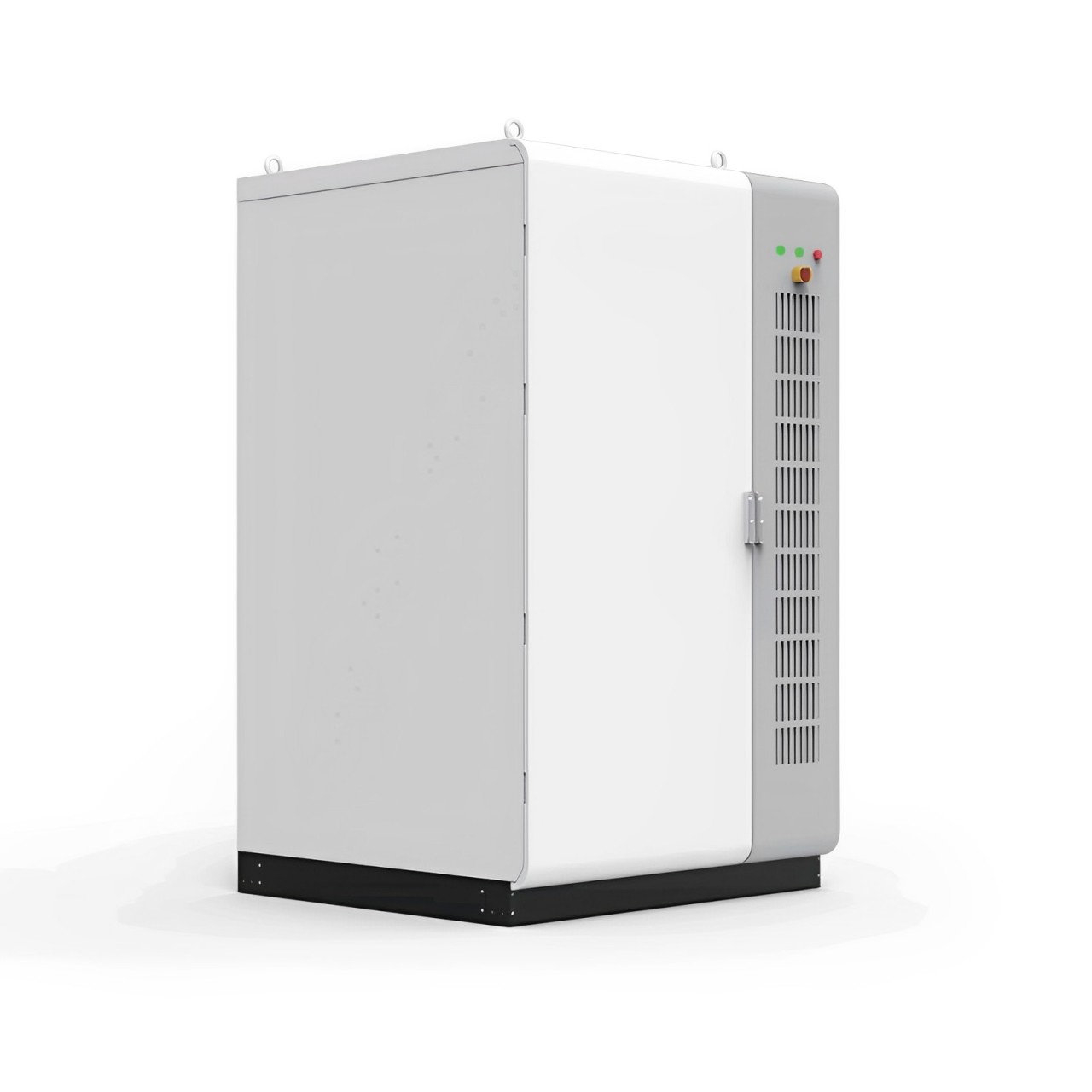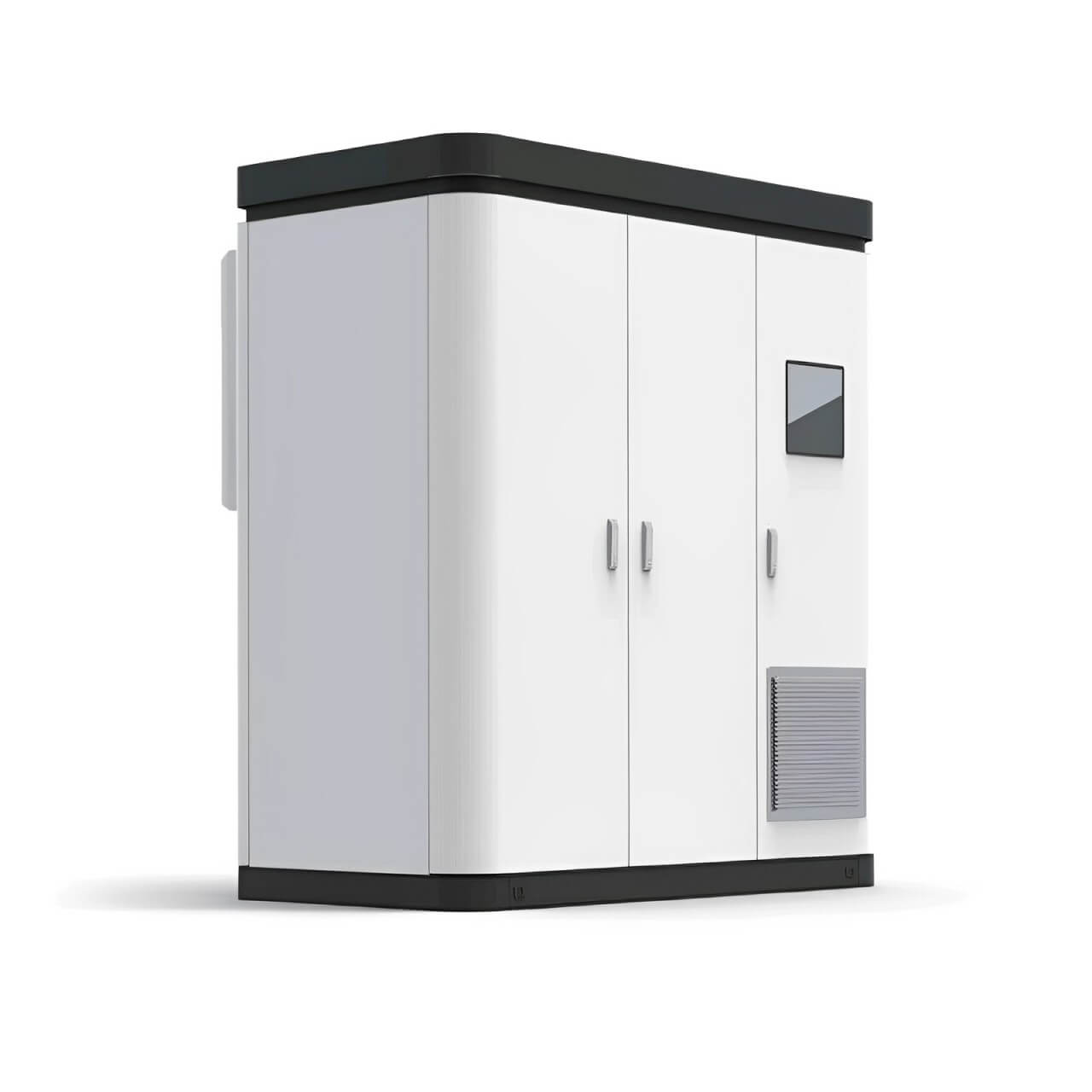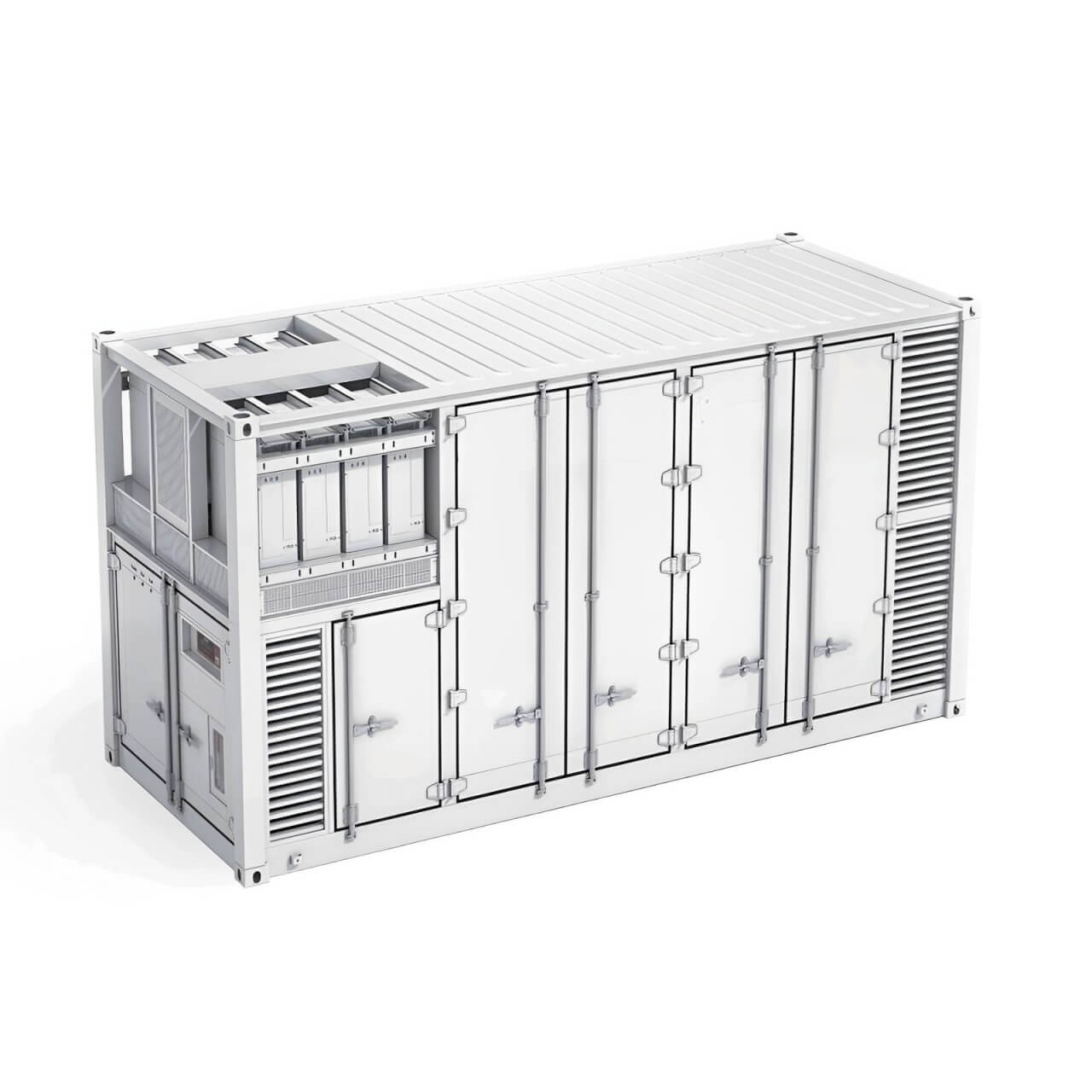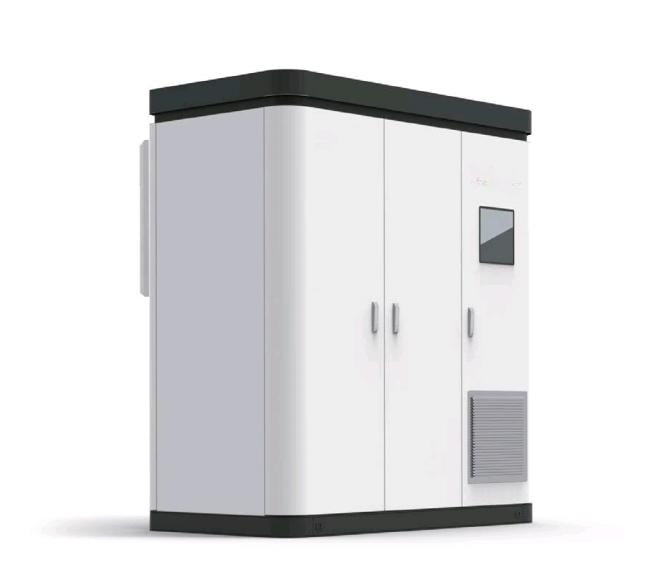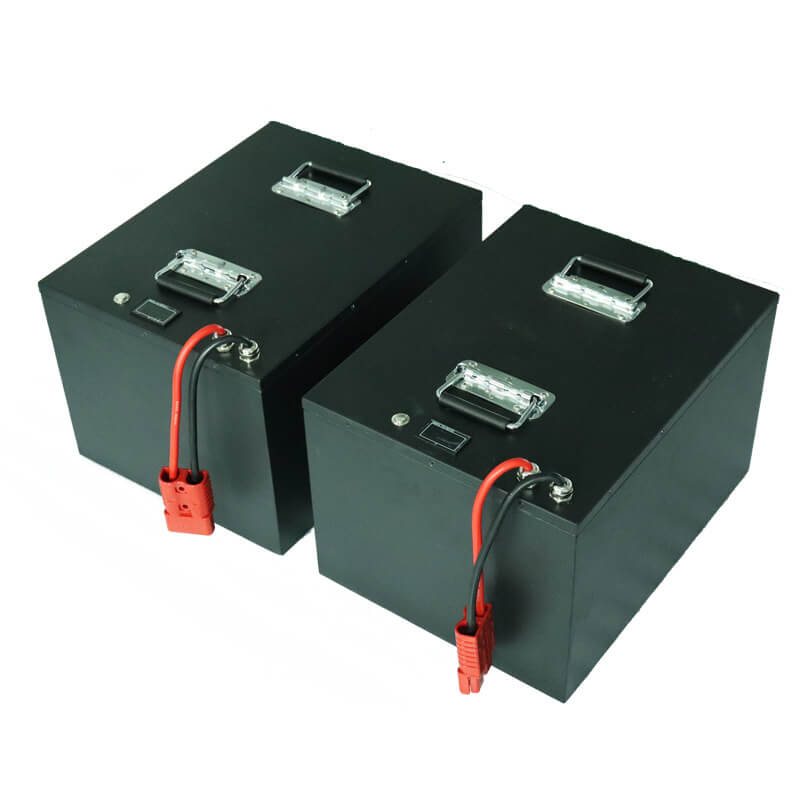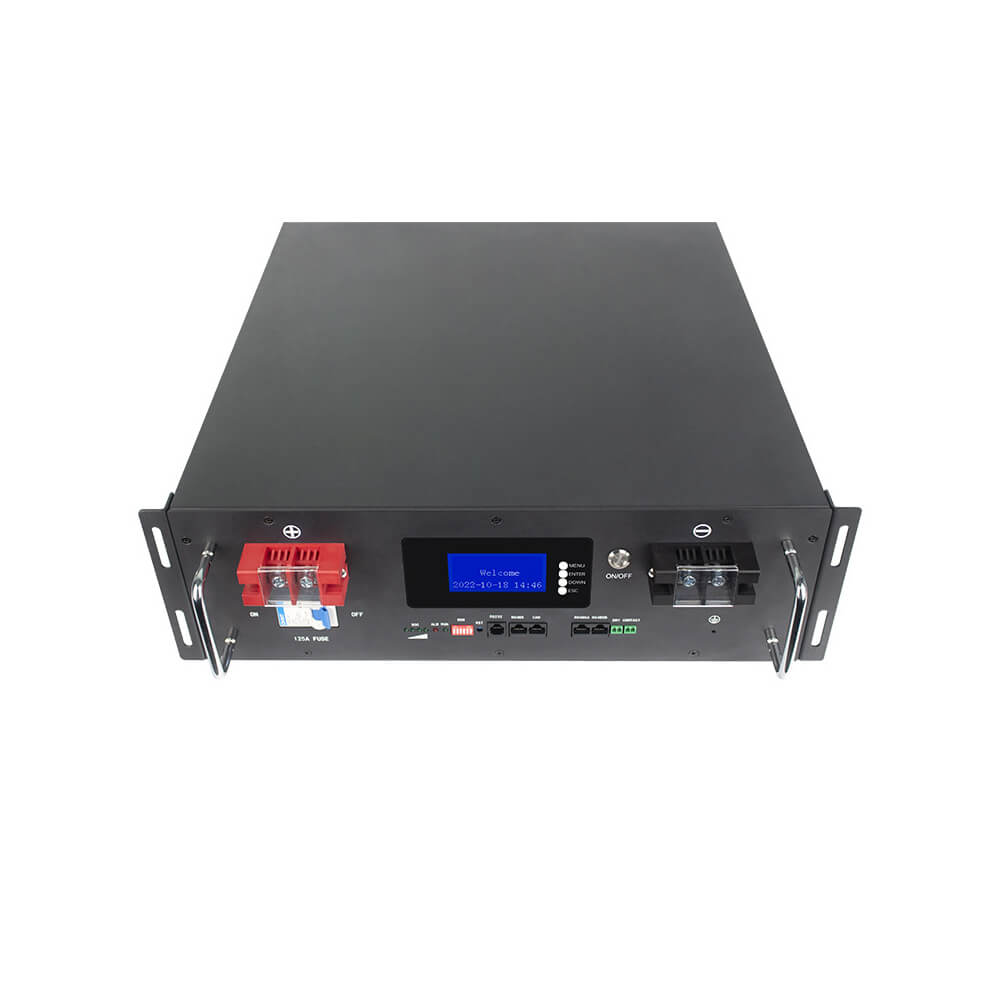Why do lithium batteries catch fire?
Lithium batteries are widely used in consumer electronics, electric vehicles, and energy storage systems due to their high energy density, long cycle life, and fast charging capabilities. However, lithium batteries may experience thermal runaway in some cases, leading to fires or even explosions. CSIT Lithium Battery Manufacturer is a detailed analysis of the causes of lithium battery fires:
Internal short circuits are one of the main causes of lithium battery fires. This may be due to battery manufacturing defects, external impact damage, or diaphragm rupture caused by material aging during long-term use. Once the diaphragm is punctured, the positive and negative poles of the battery will be in direct contact, causing an instantaneous current surge, generating a lot of heat, and possibly causing a fire.
Overcharging can cause abnormal increases in the internal voltage of the battery, especially when the protection circuit fails, the chemical reaction inside the battery is unbalanced, the electrolyte decomposes to produce gas, and the internal pressure rises, which may cause the battery to bulge, rupture, or even catch fire.
Deep discharge can cause damage to the internal structure of the battery, especially the negative electrode material may undergo irreversible changes, affecting the battery's charging capacity. In extreme cases, overdischarge may also cause internal reactions in the battery, increasing the risk of fire.
If the positive and negative poles of the battery are accidentally connected, or the external circuit of the battery is short-circuited, a large current will flow through the battery, generating a large amount of heat, which may cause the external materials of the battery to burn, and then cause thermal runaway inside the battery.
Lithium batteries are sensitive to temperature. Using or charging in a high temperature environment will accelerate the chemical reaction inside the battery and generate more heat. If the heat cannot be dissipated in time, the battery temperature will continue to rise, and may eventually thermal runaway.

Batteries may be mechanically damaged when they are hit, punctured or vibrated violently. This will cause damage to the internal structure of the battery, rupture of the diaphragm, and then cause an internal short circuit, which may catch fire.
Improper battery design, such as mismatched positive and negative electrode capacities, improper selection of diaphragm materials, or unreasonable electrolyte formulations, will increase the risk of battery fires. Defects in the manufacturing process, such as dust pollution, pole piece burrs, etc., may also cause internal short circuits in the battery.
Using unqualified or mismatched chargers, or failure of the charger's overcharge protection function, may cause the battery to overcharge, increasing the risk of battery fires.
BMS is a key system for monitoring and managing the battery charging and discharging process. If BMS fails and cannot properly control the battery charging and discharging status, it may cause the battery to be overcharged or over-discharged, increasing the risk of fire.
As the use time increases, the internal materials of the battery may age, resulting in increased internal resistance and more heat generated during the charging and discharging process. Aging batteries are more prone to thermal runaway in high temperature environments.
There are many reasons for lithium battery fires, including internal short circuits, overcharging, over-discharging, external short circuits, overheating, mechanical damage, battery design and manufacturing defects, charger and charging equipment problems, BMS failure, and battery aging. In order to ensure the safe use of lithium batteries, it is necessary to strictly control all aspects of battery design, manufacturing, use and maintenance, and at the same time strengthen battery safety education to improve users' awareness of the safe use of lithium batteries.

 简体中文
简体中文 Russian
Russian French
French German
German Japanese
Japanese Korean
Korean Arabic
Arabic Spanish
Spanish